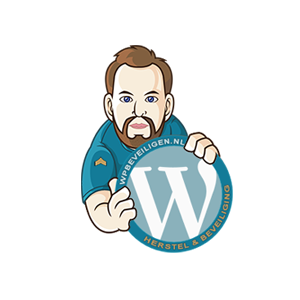The importance of a good domain name
When starting a business, it can be challenging to come up with a good company name.
But when you’re brainstorming a company name, do you also consider your domain name? Usually not, right? However, choosing a good company name and domain name is crucial for the success of your business.
If you choose the wrong domain name, it can be a hassle to change it later without damaging your brand and search position. Switching domain names can result in losing visitors, which are customers you desperately need when starting a business!
That’s why it’s important to choose the best domain name that works for your business and aligns with it from the beginning.
A domain name is your business address
The domain name is an address that you’ll often share.
Need more information? Take a look at the website.
Want to make a purchase? Check out my online store.
Want to get in touch with me? You can easily do so through my website.
The impression of a domain name
Your domain name is the first thing visitors will see when you hand them a business card, when you talk about your company and they want more information. A good domain name can create a positive and lasting impression, while a bad domain name can lead visitors to mistype your website, quickly forget it, or form a wrong impression of you or your services.
Your domain name in Google
The domain name also has an impact on SEO, or your search position in Google. Although an exact match with your company name is no longer a necessity, having relevant keywords in your domain name can help you rank higher in Google.
